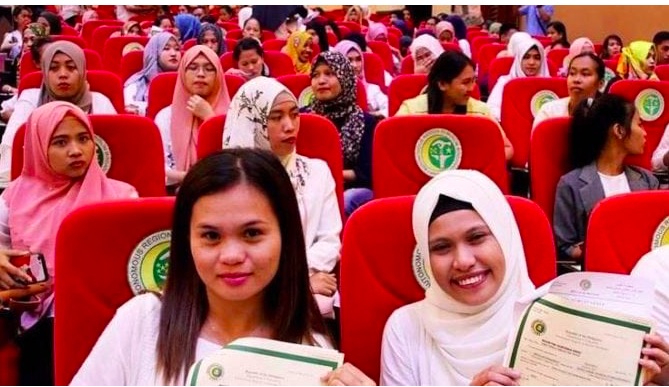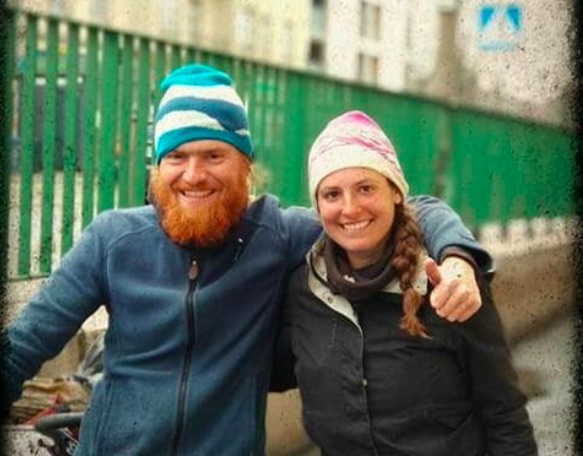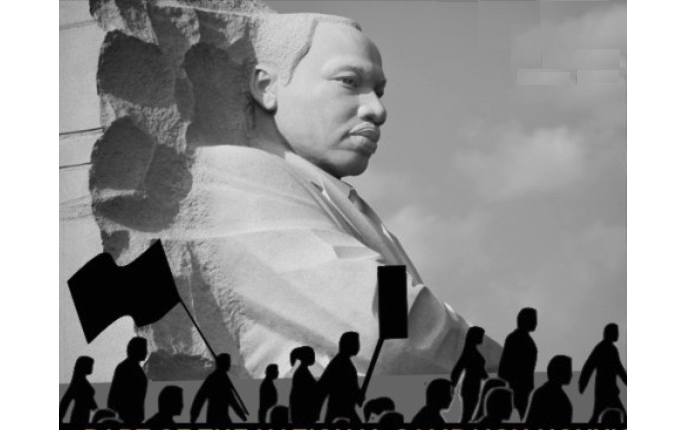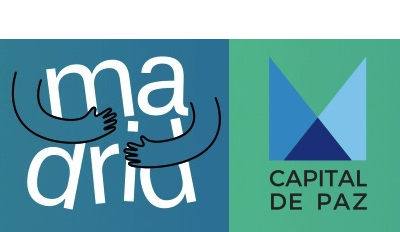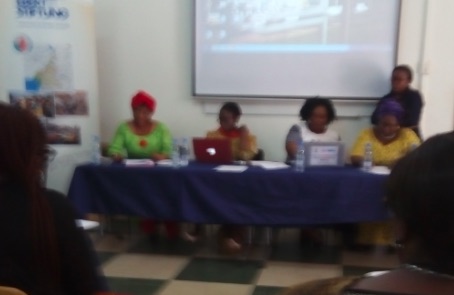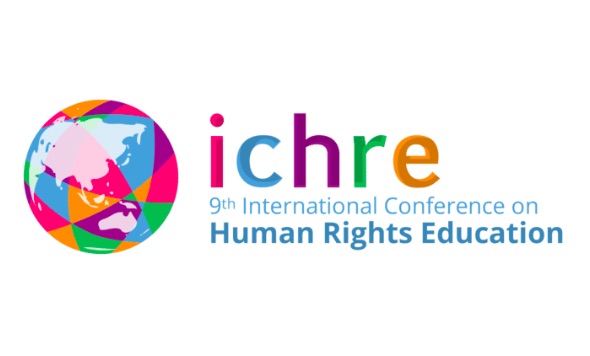FREE FLOW OF INFORMATION
An article from Eje 21
130 teachers of public educational institutions, cultural managers, librarians, social leaders, police, members of the Red Cross and members of the municipal councils in the Department of Caldas, including Samaná, Chinchiná, Pennsylvania, Riosucio, Salamina and surrounding areas, have become peace promoters through the diploma “Rural education as a scenario in peace building.”
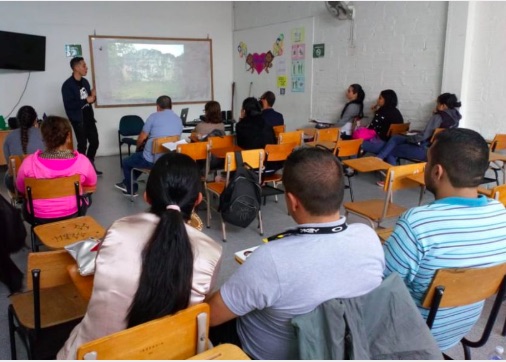
The training is received from the Academic Working Group Culture of Quality in Education at National University of Colombia with headquarters in Manizales. It offers tools for daily work in the construction of peace and for the recovery of the emotional, psychological and social fabric of the society that was devastated by the years of armed conflict.
Professor Germán Albeiro Castaño Duque, director of the Group, recalled that the post-agreement does not mean that there is a definitive and lasting peace, especially in the Colombian municipalities affected by the conflict.
“With training, we seek to make these people more proactive, so that they become peace educators both in schools and in other areas. In this way, coexistence can be achieved and violence can be ended in their communities”, said the teacher Castaño Duque.
Aspects of the diploma include: education and the University Peace Program; human rights and international humanitarian law; the 1991 Constitution and its contribution to peace; construction of citizenship in the post-agreement period; Art, culture in the post-agreement; the Law of Victims; and application of the agreement between the Government and the FARC.
Peace in daily life
The teacher Luz Mary Zuluaga Salazar, of the Educational Institution José María Carbonell, in Palestina (Caldas), affirmed that “more than thinking about peace as a university program, one must think about it as the experience of daily life. As classroom teachers, we must make the links with other topics such as the arts, culture and the post-conflict period.” She added that in these areas it is unknown what should be done after 52 years of war.
“What we are learning with the National University has helped us to go beyond the traditional classroom mentality. Violence destroys communities and we must ensure that students do not attack or intimidate people, not only in the classroom, but in the broader community,” said the teacher.
(Continued in right column)
(Click here for the original Spanish version of this article.)
What is happening in Colombia, Is peace possible?
(Continued from left column)
Professor Julio Alexander Argoti Álvarez, of the Naranjal Educational Institution, in Chinchiná, pointed out that “we are not sufficently disturbed by the death of someone or by the suffering of an entire community. We need to be more connected with empathy to the population. The more training and vision tools we have, the more it will be possible to achieve changes”.
In this regard, Professor Emanuel Márquez, one of those responsible for conducting the training of the graduates, said that with this the students have not only been able to analyze the history of the armed conflict, but also to overcome their fears and contribute in their daily lives to the peace of the country.
“Teachers in rural areas, fearful and displaced from their leadership, are vulnerable to groups that may come to intimidate them and the communities. It is precisely with the tools that they have gained with the diploma that they can reunify and reconstruct the social fabric in the areas where they are teaching,” he said.
Experience
The National University of Colombia with headquarters in Manizales includes in its curricular and pedagogical program projects related to the construction of peace, the analysis of the variables of the Agreement between the Government and the FARC, and the history of the armed conflict.
One of the most important contributions is the University Chair of Peace, in which 120 students from the 11 undergraduate courses from the Headquarters participate every six months, and the project “Peace Building: the role of the United Nations in the post-agreement”, with extension programs such as the diploma “History, peace building and post-agreement in Colombia”, attended by teachers, officials of the judicial branch, uniformed members of the armed forces and the National Police, social leaders, members of the Red Cross and professionals from different areas.
In addition, extension training programs are carried out with different sectors, in workshops, seminars and other academic and pedagogical activities that seek a greater contribution and closer relationship with the communities.
The Ministry of National Education has relied on the National University to carry out the diploma course “Rural education as a scenario in peace building”, which aims to allow citizens, from the regions, the classroom and the scenarios of coexistence, through an open, dynamic and respectful dialogue to take on the challenge of overcoming the ideological and political differences that affected the country for the 54 years of the armed confrontation.
The training is free and takes place over 120 hours. It aims to strengthen the pedagogical and didactic strategies of teachers of social sciences and other areas in the implementation of the University Chair of Peace in educational institutions, as provided by Law 1732 of 2014. Issues include the history of the armed conflict , the peace agreement between the Government and the FARC, and what country should be like in the post-agreement.
The diploma will be certified by the National University of Colombia with headquarters in Manizales, with the endorsement of the Ministry of National Education.
